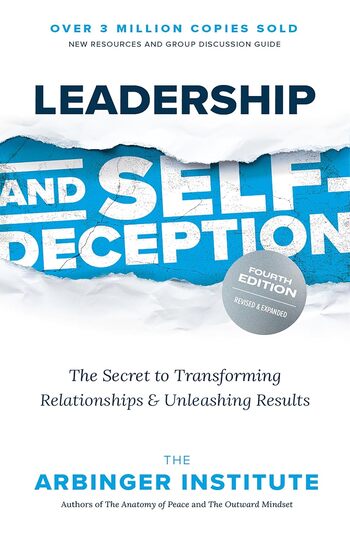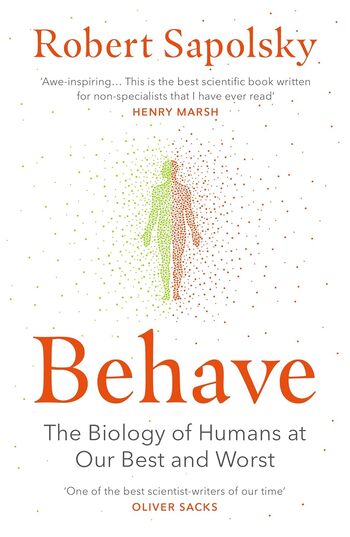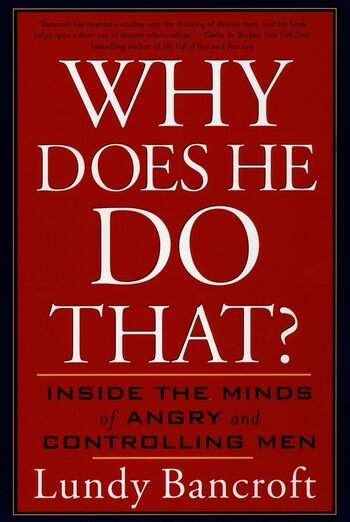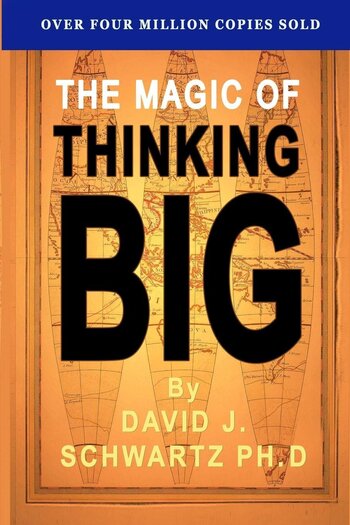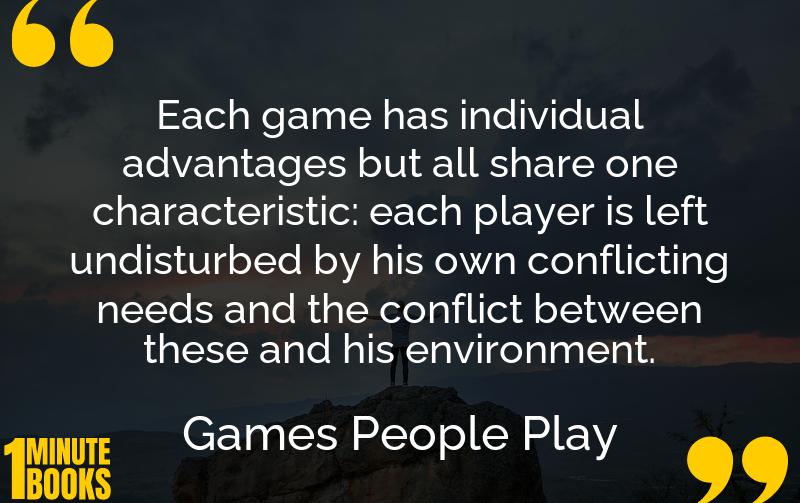
Games People Play explores the psychological games humans play. It delves into our emotional needs, the roles we adopt, and how these interactions shape relationships, revealing social behavior’s complex mechanisms.
Main Lessons
- We all engage in psychological games as part of daily interactions, unconsciously influencing and assessing others.
- Emotional needs and the desire for recognition drive many of our behavioral patterns and social games.
- Understanding the ‘ego states’ – Parent, Adult, and Child – clarifies the roles individuals adopt in their interactions.
- Social deprivation can have detrimental effects, similar to physical deprivation, emphasizing the need for recognition.
- Recognizing the games we play can lead to self-awareness and improved interpersonal relationships.
- Different types of games can range from benign, everyday encounters to manipulative or complex scenarios.
- The book encourages viewing life’s interactions as games, offering a new perspective on human behavior.
- Many ‘aha’ moments arise by identifying personal involvement in these games, providing insights into one’s actions and motivations.
- The realization of participating in these games can be unsettling but also eye-opening, encouraging personal growth.
- While some game descriptions may be complex, the book offers deep insights into the dynamics of human relationships.
- Even mundane interactions can be seen as psychological games, highlighting the nuanced nature of social exchanges.
- The book serves as a guide for those interested in psychology to better understand the underlying motivations in human relationships.
- Games reflect the repetitiveness in our behaviors and highlight the patterns we fall into during social interactions.
